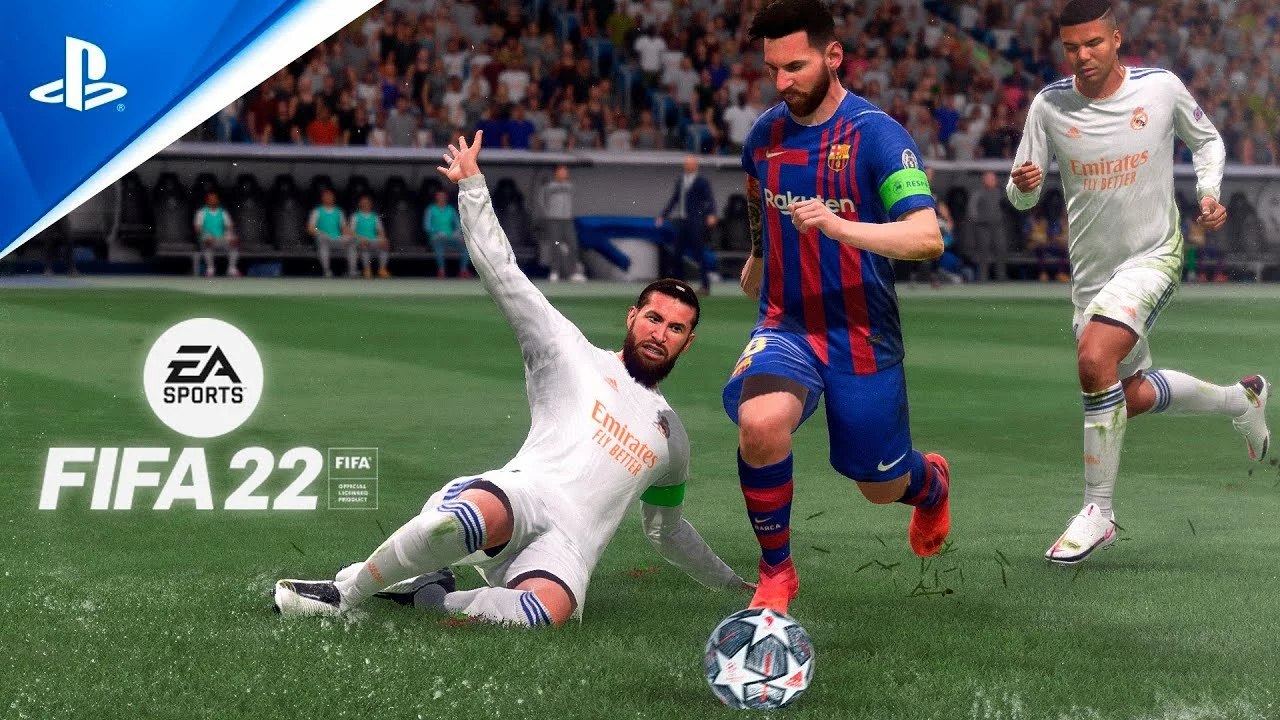FIFA: The Global Hub of Soccer
When talking about FIFA, the worldwide governing body that runs international football. Also known as Fédération Internationale de Football Association, you’re dealing with the organization that sets the laws of the game, runs major tournaments, and shapes how the sport grows everywhere. One of its flagship events is the World Cup, the quad‑yearly competition that crowns the world champion, a tournament that defines careers and national pride. Historically, FIFA partnered with France Football for the Ballon d'Or, the annual award that names the best player on the planet, linking the governing body to individual brilliance. Even though UEFA runs the Champions League, Europe’s premier club competition, FIFA’s global rules and calendar dictate when the tournament can happen, showing how interconnected the football ecosystem really is.
How FIFA Shapes the Game Today
FIFA doesn’t just hand out trophies; it builds the framework that lets every match happen. The organization writes the Laws of the Game, which clubs in the English Championship, Serie A, or MLS all follow, creating a common language on the pitch. Those rules also guide the scheduling of the Champions League, ensuring that club fixtures fit around international windows set by FIFA. Because FIFA controls the international calendar, a player’s chance to win the Ballon d'Or often hinges on how well they perform in World Cup qualifiers and finals—those games generate the biggest spotlight. The link between the World Cup and player awards creates a feedback loop: strong national‑team showings boost a player’s profile, which in turn raises the tournament’s commercial value. This loop is why you’ll see posts about Leicester City’s unbeaten run or Ousmane Dembélé’s Ballon d'Or win alongside analysis of World Cup odds—they all orbit the same governing hub.
For coaches, managers, and even fantasy gamers, understanding FIFA’s role is practical. Knowing when FIFA releases the international match calendar helps you plan squad rotation, training cycles, and transfer windows. It also explains why certain leagues push for rule changes—like allowing five subs—only after FIFA signs off. The recent discussions about VAR, concussion protocols, and youth development all start at FIFA meetings, then ripple down to club academies and local pitches. That’s why our collection below touches on topics ranging from Championship match reports to the impact of player awards, because each story is filtered through FIFA’s global lens. Whether you’re a budding manager looking for tactical tweaks or a fan tracking the next World Cup hero, the articles ahead give you the context you need to see how the governing body’s decisions shape the beautiful game. Let’s jump into the curated posts and see FIFA’s influence in action.
